By: Bahar Gidwani
A number of years ago, CSRHub showed that its measures of corporate sustainability correlate with the level of development of countries. For that study, we used the United Nations Human Development Index (HDI). We found a correlation of 28% for 27 developed countries, but poor correlation with human conditions in less developed countries.
Harvard Business School Professor Michael Porter and his colleagues at a group called The Social Progress Imperative have developed a new way of measuring country human development called the Social Progress Index. The SPI Index is highly correlated with the UN HDI.
The SPI contains more levels of detail than the HDI. (For the SPI, 61 raw value indicators lead to 12 calculated scores that roll up to three dimensions and a final score. The HDI is driven by five measures.) The SPI covers 161 countries—the HDI tracks 199. Both cover more countries than CSRHub (we have data on companies in 132 countries). However, after we throw out the 70 countries where CSRHub does not yet have enough rated companies to generate solid average scores for all four of the categories CSRHub tracks, there is a 57 country overlap with the SPI.
At the most simple level, the SPI score for a country is well-correlated with the average CSRHub ratings for the companies in each country. The r-square of 33% is paired with a F score of 6.5. This suggests a greater than 0.9995 confidence that two data sets are related.
Digging down into the details shows that positive corporate behavior in the community area is negatively correlated with gains in SPI. In contrast, positive corporate behavior in environment areas is positively correlated with gains in SPI.
We believe that companies in countries with weak SPI scores have built good community programs to offset their society’s weaknesses. In contrast, companies in the countries with good SPI scores have built up their environment programs, to help improve trust in their activities.
The high “P-Values” and small tStat coefficients for the correlations with Employees and Governance ratings indicates that these company programs are not directly tied to the SPI. This makes sense, as the SPI’s indicators are focused on societal issues such as health, literacy, and longevity, not on how well corporations pay their employees, train them, or how well they govern themselves. Still, it is disappointing that there is not a connection between these elements and the SPI. We would have liked to believe that paying one’s employees well and giving them good benefits would improve overall health and well-being. We would also have liked to see a tie between a high standard of ethics within corporations and strong government programs that care for those who are disadvantaged or poor.
Note that our study is limited due to the fact that we tie a company solely to the country it is headquartered in. Most of the larger companies we track have operations in multiple countries and often, multiple regions. We are also working with a single year’s data on both companies and countries. Longer term studies may reveal a richer level of detail.
With the wealth of data now available via the SPI, there should be many opportunities for further study on the tie between corporate behavior and societal performance. We hope our readers will share any results they uncover so that we can make sure that responsible corporations get fair credit for the social benefits they create within their societies.
 Bahar Gidwani is CEO and Co-founder of CSRHub. He has built and run large technology-based businesses for many years. Bahar holds a CFA, worked on Wall Street with Kidder, Peabody, and with McKinsey & Co. Bahar has consulted to a number of major companies and currently serves on the board of several software and Web companies. He has an MBA from Harvard Business School and an undergraduate degree in physics and astronomy. He plays bridge, races sailboats, and is based in New York City.
Bahar Gidwani is CEO and Co-founder of CSRHub. He has built and run large technology-based businesses for many years. Bahar holds a CFA, worked on Wall Street with Kidder, Peabody, and with McKinsey & Co. Bahar has consulted to a number of major companies and currently serves on the board of several software and Web companies. He has an MBA from Harvard Business School and an undergraduate degree in physics and astronomy. He plays bridge, races sailboats, and is based in New York City.
CSRHub provides access to the world’s largest corporate social responsibility and sustainability ratings and information. It covers over 15,000 companies from 135 industries in 132 countries. By aggregating and normalizing the information from 435 data sources, CSRHub has created a broad, consistent rating system and a searchable database that links millions of rating elements back to their source. Managers, researchers and activists use CSRHub to benchmark company performance, learn how stakeholders evaluate company CSR practices, and seek ways to improve corporate sustainability performance.
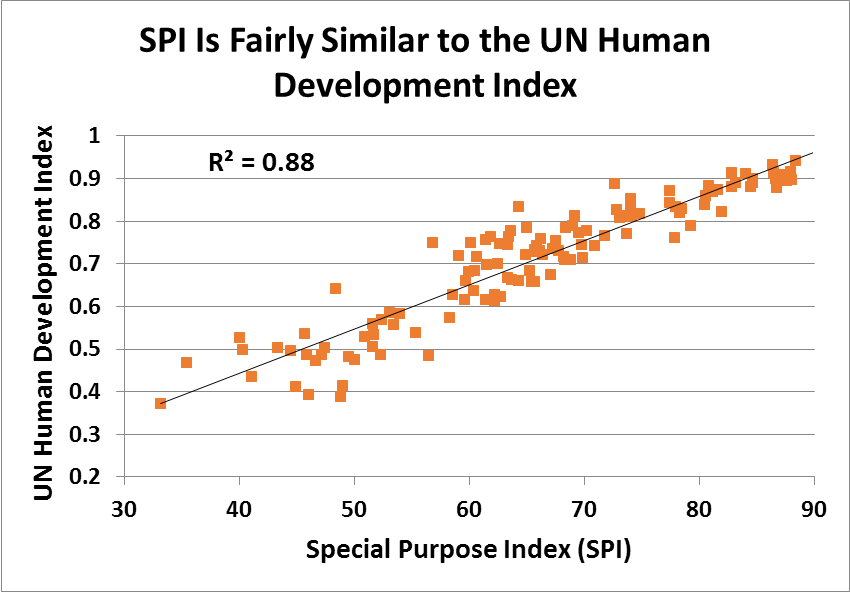
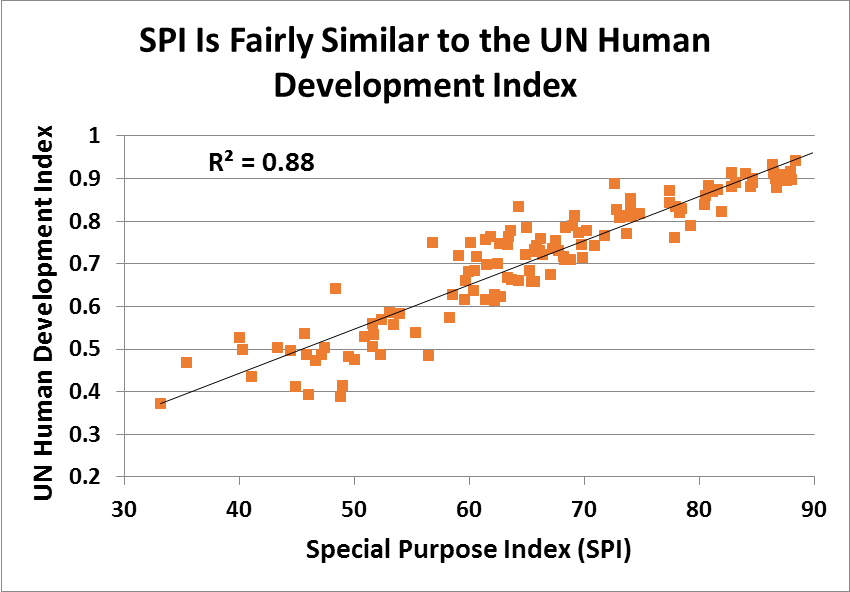
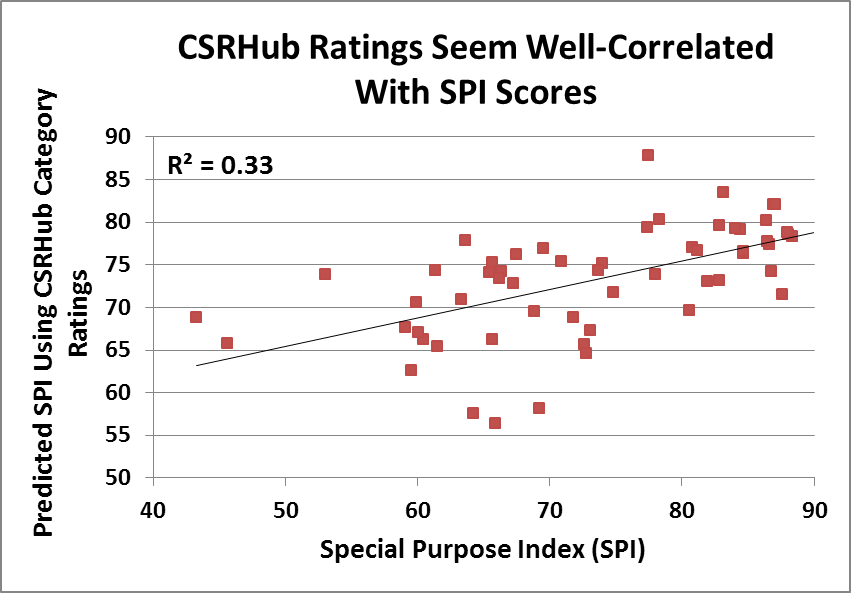
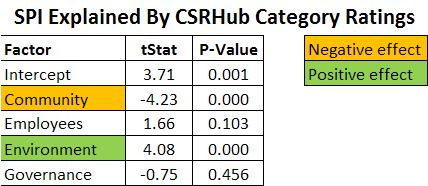
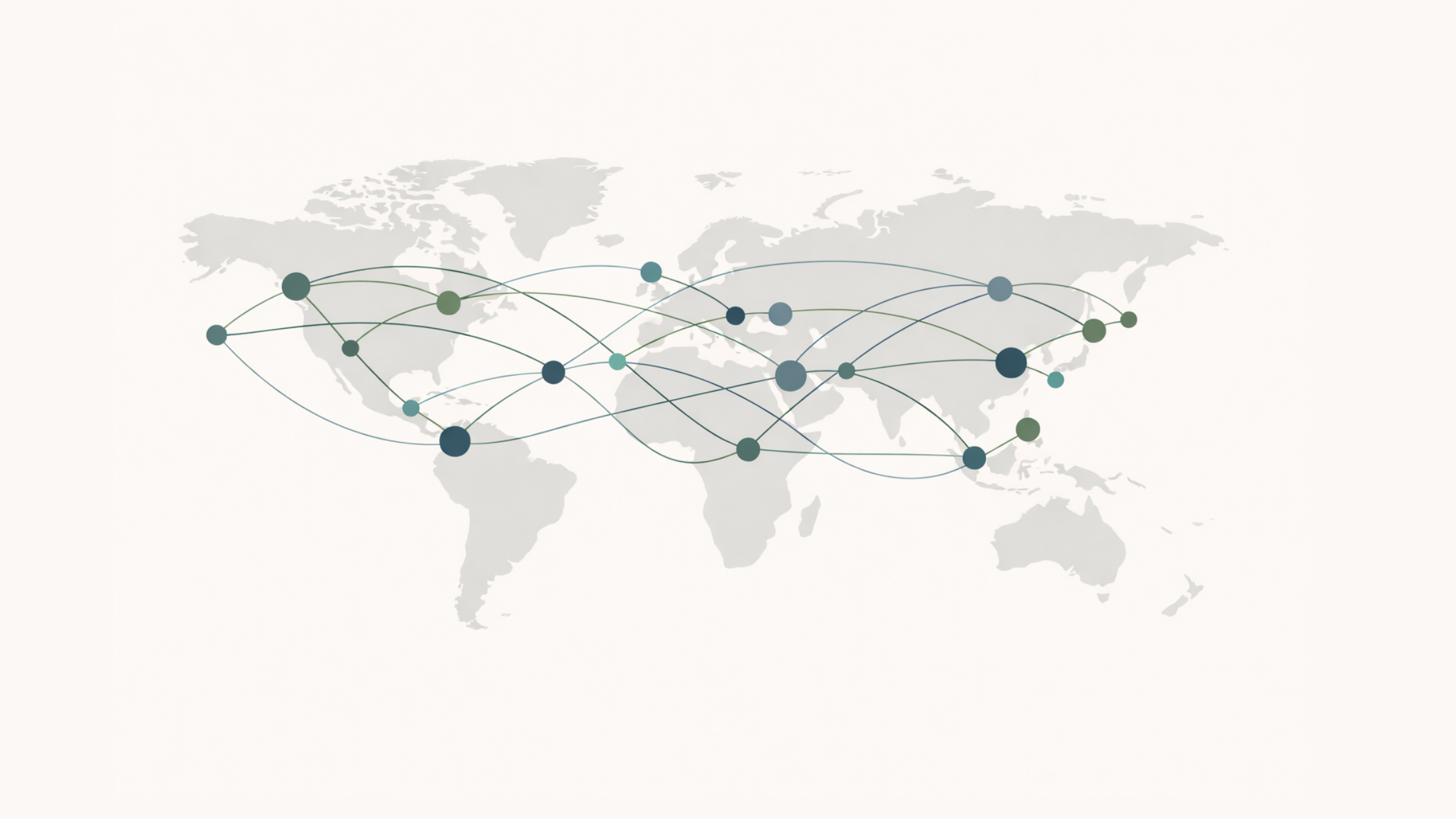
.png)
